President Donald Trump recently announced that he would impose a tariff of about 25% on imported cars into the US. This policy could increase the price of cars from most automakers - including Washington brands - immediately after the tariff is implemented.
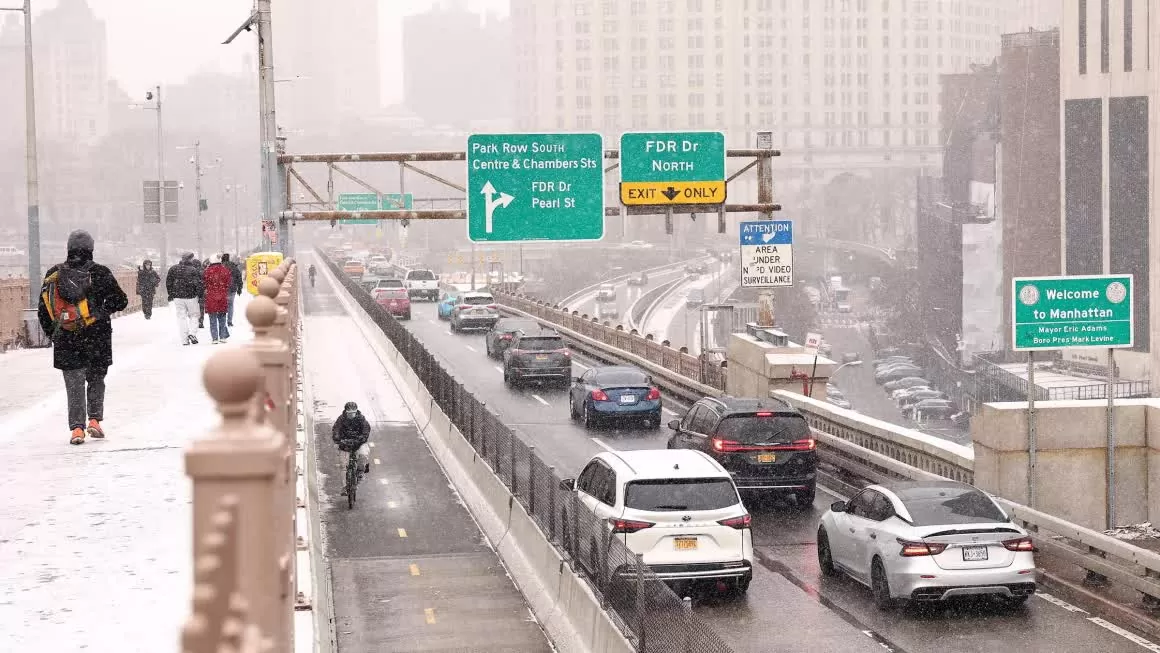 |
| A 25% tariff on imported cars into the US could be imposed on April 2. (Source: Getty Images) |
The White House boss said the tariffs could be imposed on April 2. The tariffs would increase gradually, punishing manufacturers that export cars to the US instead of building them in the country.
Explaining the decision to impose tariffs in April, he said it was time for automakers to move operations to the world's largest economy.
But for automakers, they can't do this in just half a month because it takes years to move production to a new line.
Be prepared for shock.
The new tariffs proposed by Mr. Trump could add thousands of dollars to the price of a car. That could put prices — already near record highs — out of reach for consumers.
"If the US government imposes a 25% tariff on all imported cars, car buyers should prepare for price shock," said David Greene, an auto industry analyst at Cars.com.
President Trump has not yet said whether the tariffs would apply to auto parts, although he has said there would be tariffs on semiconductors, a key component of modern cars.
The pandemic-induced semiconductor shortage has sent auto prices soaring and auto production falling, with demand stronger than expected.
If the supply of imported cars to U.S. dealerships slows or stops due to tariffs, car prices in the world’s largest economy will skyrocket, experts say. The tariffs could even increase used car prices.
As new car prices rise, more buyers will switch to used cars, and as demand increases, prices will rise, Greene said. It's a given!
Who got hit the hardest?
By 2024, auto plants in the world's largest economy will have produced 10.4 million vehicles, according to data from S&P Global Mobility. Nearly half of those cars and trucks will be European or Asian brands like Toyota, Honda, BMW and Mercedes.
With the new tax rate, car manufacturers in Europe will be greatly affected when the world's largest economy is a very important car export market, especially German car manufacturers.
In addition, South Korea and Japan are two countries that will also be greatly affected by President Trump's new tax order on imported cars.
Data from analytics firm GlobalData shows that the number of cars produced in the two East Asian countries will account for up to 16.8% of cars sold in 2024 in the US.
Of these, Seoul accounted for 8.6%, ranking second among car exporters to Washington. Following South Korea is Japan, with 8.2%.
"A lot of cost, a lot of chaos"
The US president did not provide details about which countries – if any – would be hit with tariffs and whether the import duties would include exemptions.
Most automakers with factories in the United States also have factories in Mexico and Canada. If production stops or slows down at those plants because of tariffs, the U.S. auto industry will be hit hard.
Earlier this month, the US President announced a 25% tariff on all goods from Mexico and Canada.
But he quickly postponed those tariffs until March 1 after the governments of those two countries agreed to take steps to control illegal immigration and drugs moving across the US border.
The tariff plans from Canada and Mexico and Mr. Trump’s quick reversal have left automakers wondering exactly what to do.
On this issue, Ford CEO Jim Farley expressed that if tariffs are applied for a long time, the operating costs of automobile businesses will increase. “So far, what we are seeing is a lot of costs and chaos,” he said.
Meanwhile, General Motors CFO Paul Jacobson revealed that the company was prepared to make moves to adjust tariffs in the short term, but it would be more difficult if tariffs were applied over a long period of time.
“There are a lot of different things you have to think about. Making such costly moves is due to Washington’s uncertain policy,” Paul Jacobson stressed.
Source: https://baoquocte.vn/thue-quan-o-to-cua-ong-trump-khien-my-doi-mat-mot-dieu-hien-nhien-chau-au-ton-thuong-nhat-304982.html








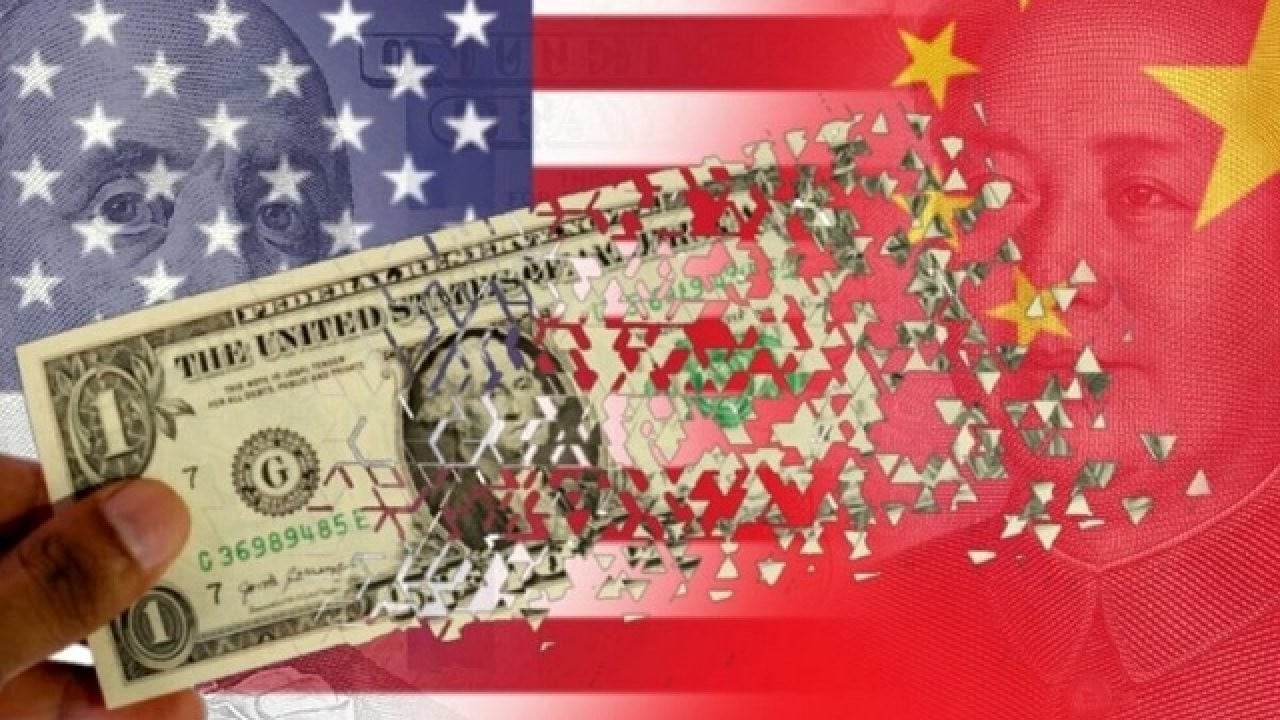
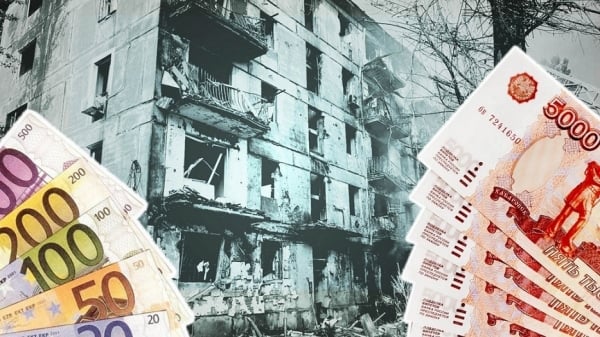

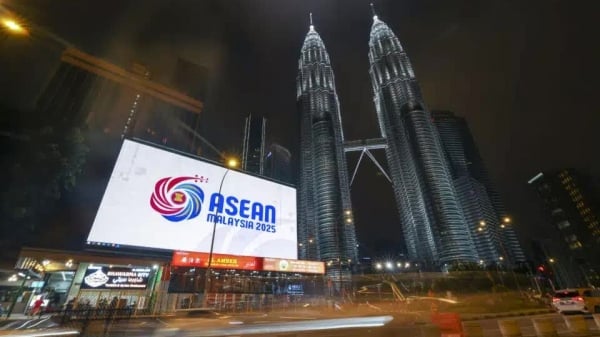
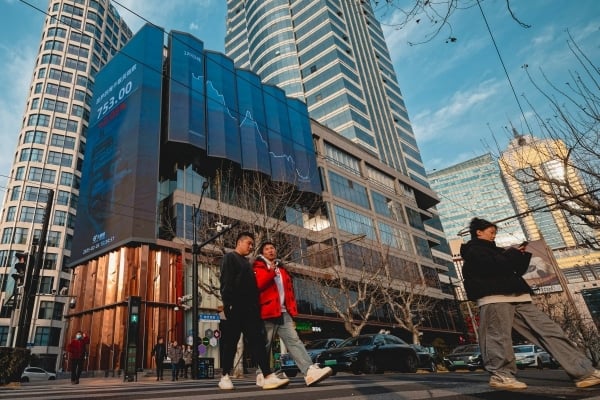


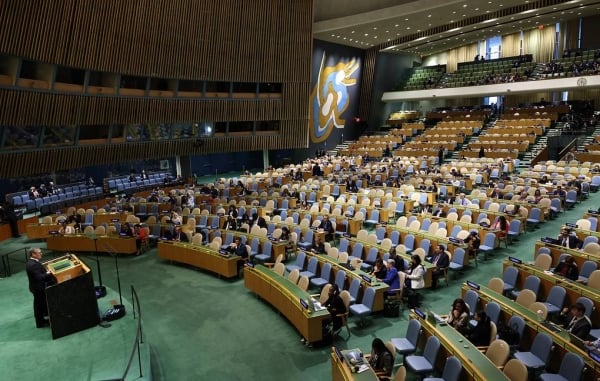
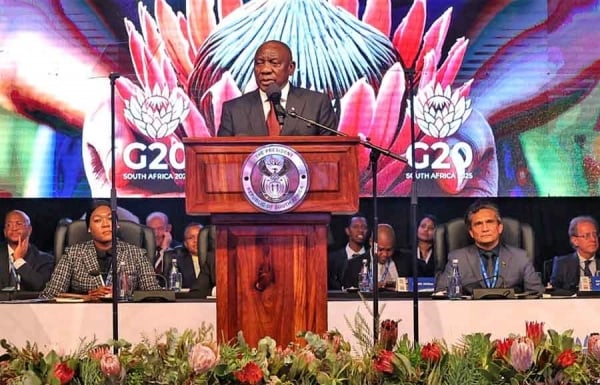
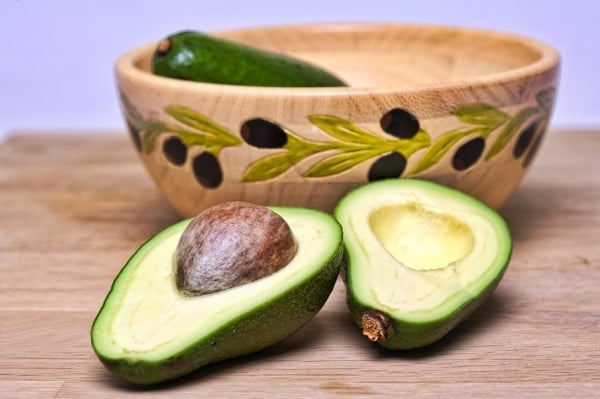







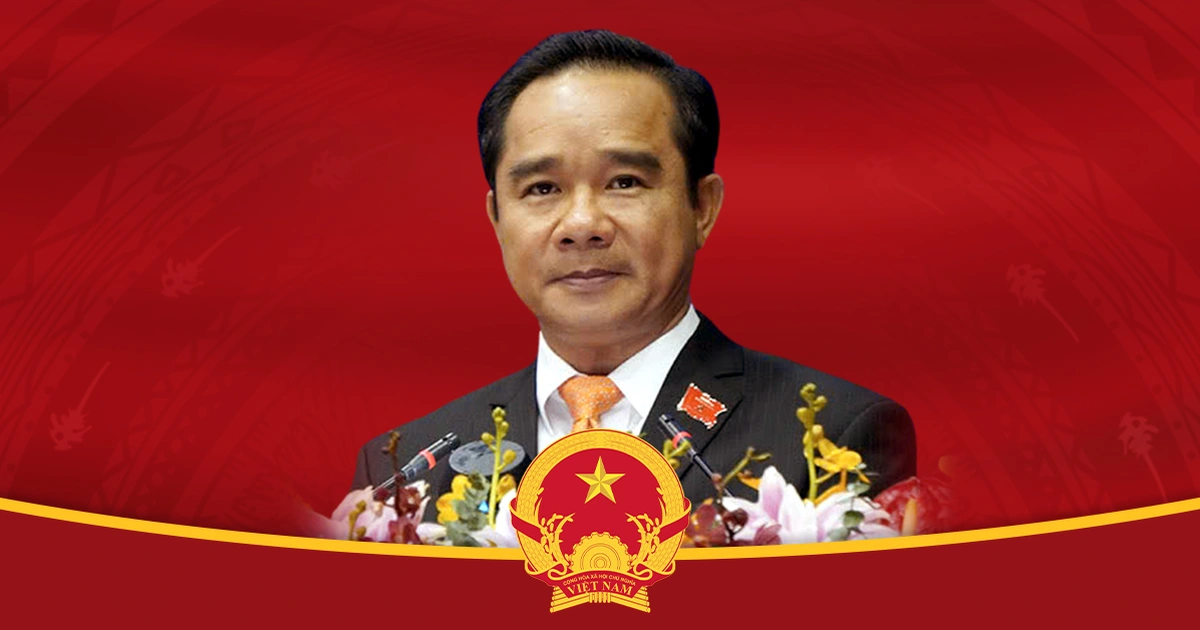




Comment (0)